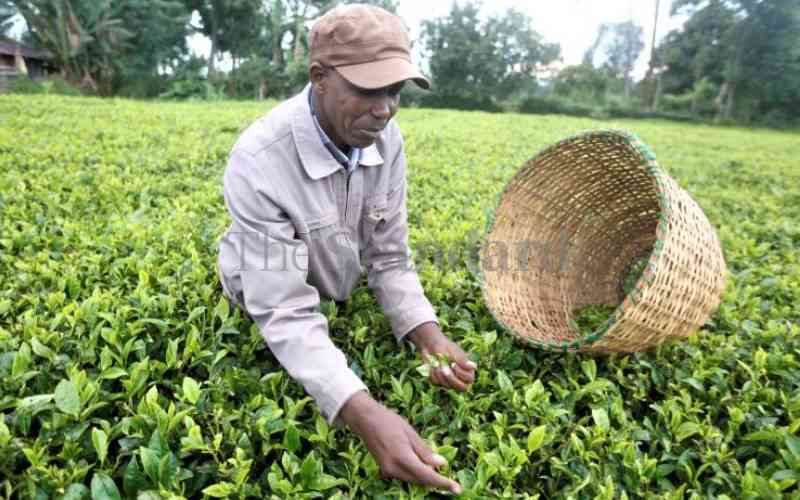
Recently, a former chairman of a KTDA factory wrote an article questioning whether the tea reforms were a blessing or a bane for the tea farmers. One of the issues the writer picked was the setting of auction minimum prices.
As he rightly put it, teas not achieving the floor price are withdrawn, and re-offered for sale three weeks later at the same floor prices. For every re-printing, the farmer loses four kilogrammes that are re-sampled for distribution to buyers. Besides losing some freshness, the farmer also incurs additional storage charges when the tea is finally sold, if it ever does.